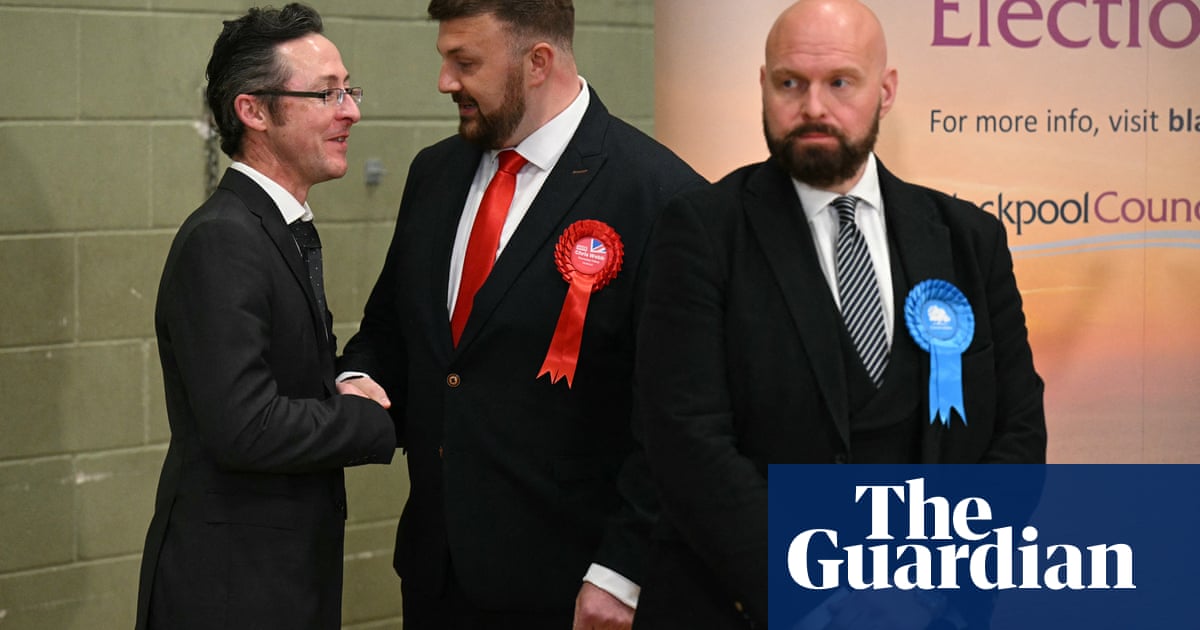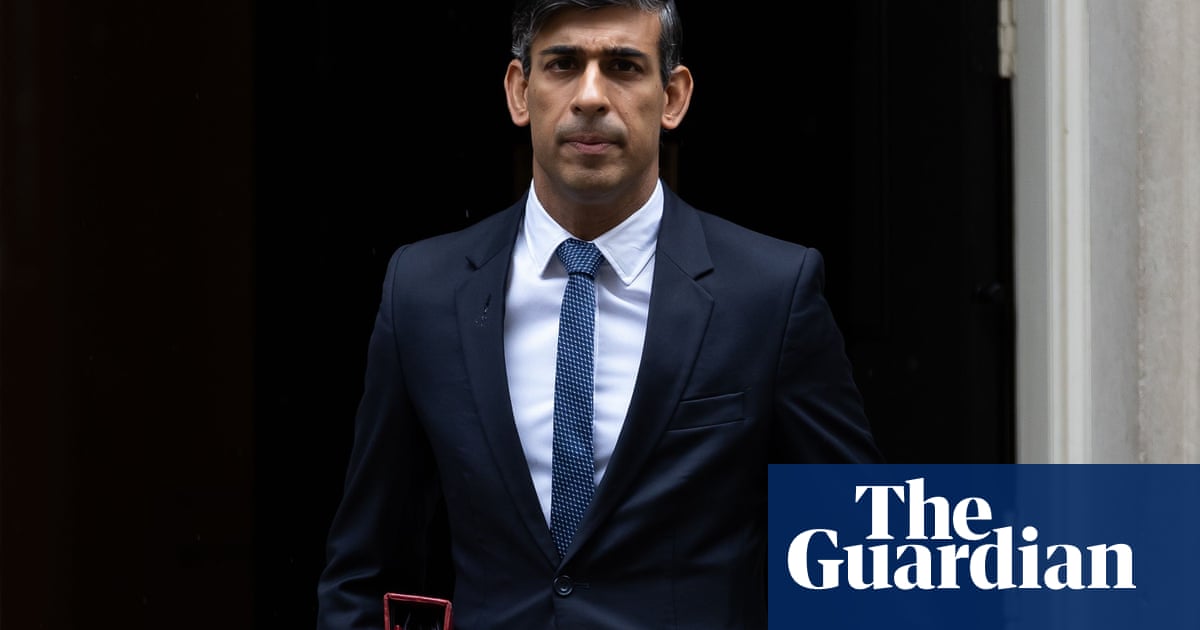
Young Conservatives have warned the party that it needs to stop exclusively chasing older voters, after it emerged that the average age when a voter is more likely to choose the Tories than Labour was 63 at the last election.
Figures from YouGov released after the election showed that the “crossover” age to becoming a Tory voter had risen by 24 years since the 2019 election under Boris Johnson, when it was 39.
The youngest tipping point was 34 under David Cameron at the 2015 election. This rose to 47 in 2017 under Theresa May and reached 63 under Rishi Sunak after he unveiled policies seen as punitive for young people, such as the return of national service, and offered few ideas designed to appeal to younger voters.
Next Generation Tories, a group that campaigns to make the Conservatives address problems facing younger people, said the party needed “more working-age people, more working-age policies”.
“The Conservative party must realise that the deliberate strategy of chasing older voters at all costs sowed the seeds of our defeat,” it said.
Mel Stride, a Conservative leadership candidate, also highlighted the high average age of Tory voters, saying it was “untenable” and that the party would need to rebuild itself across the whole electorate if it wanted to “get a hearing”.
He told Times Radio: “We’re going to do that through unity and we’re going to do that through a lot of listening and a lot of hard work and working out the answer to a lot of fundamental and difficult questions. Including, for example, the fact that the average Conservative voter is aged 63. That is completely untenable.”
Samuel Kasamu, a former No 10 adviser, posted on X: “The average age of Tory voters has risen by 24 years since the 2019 election. It’s now 63. Lots for the next leader to do.”
Some polls before the election suggested the crossover age could rise to more than 70.
Analysis by Focaldata after the election found that the party held on to less than half of its 2019 supporters in the 40-60 age range.












